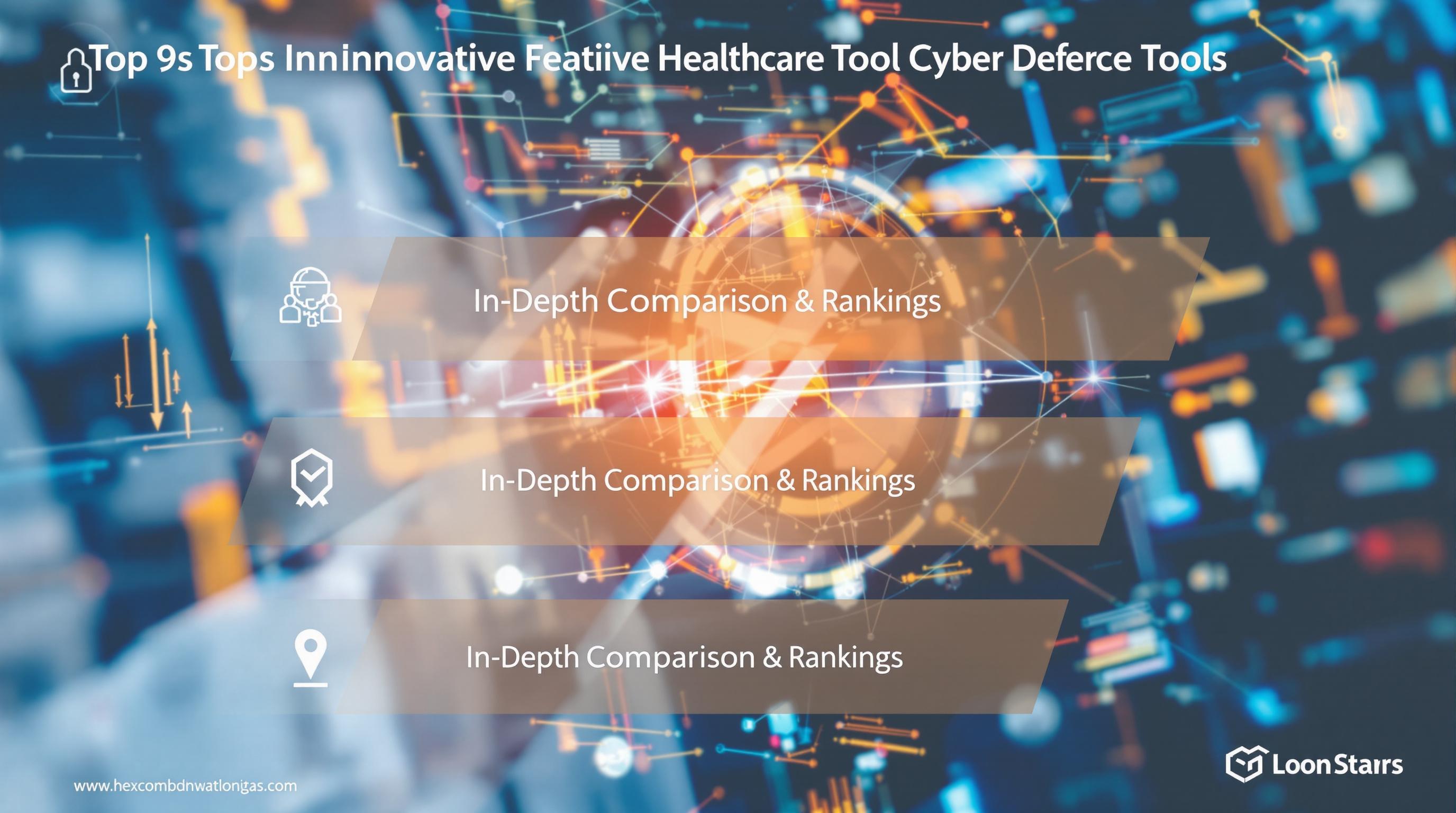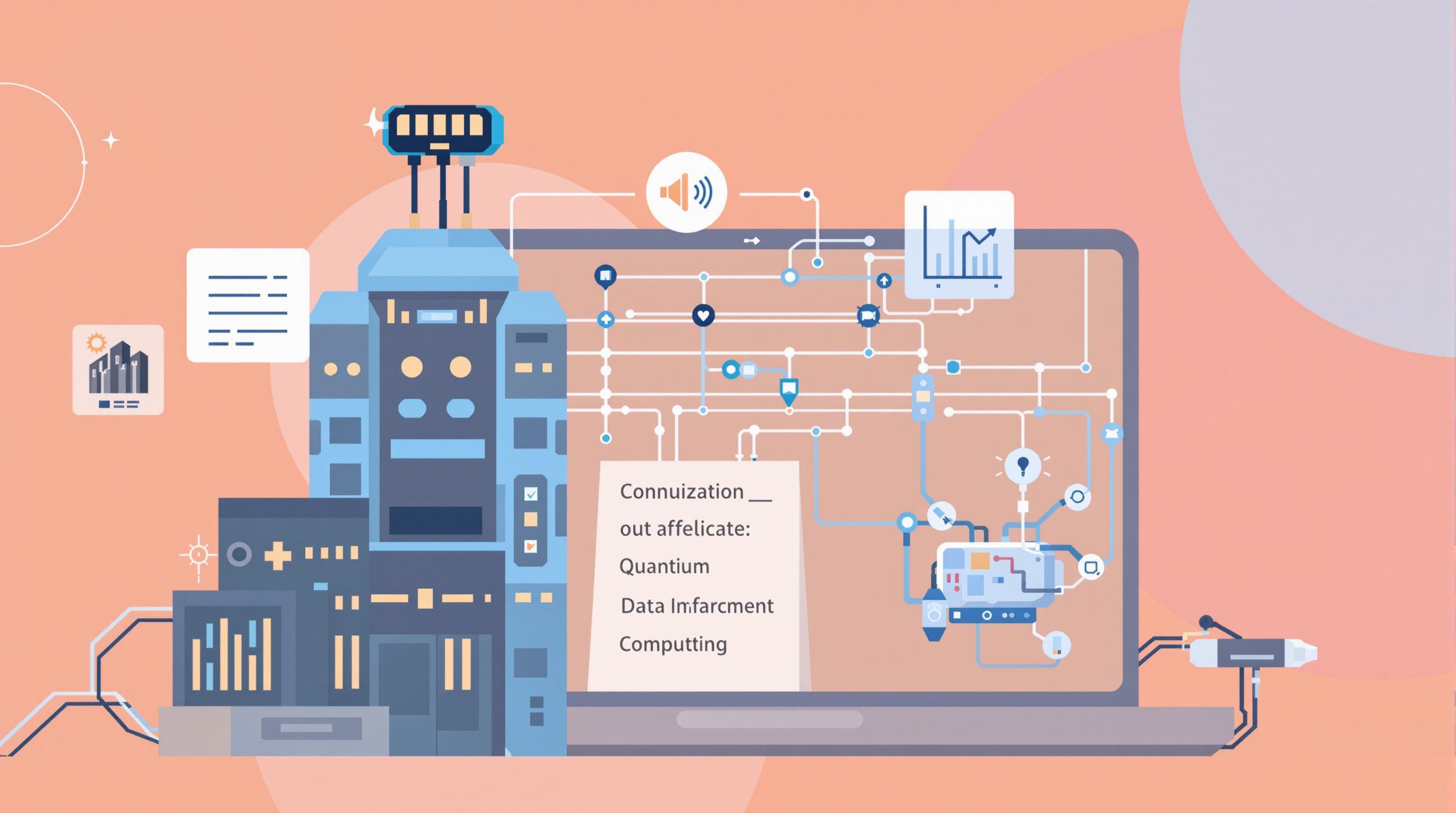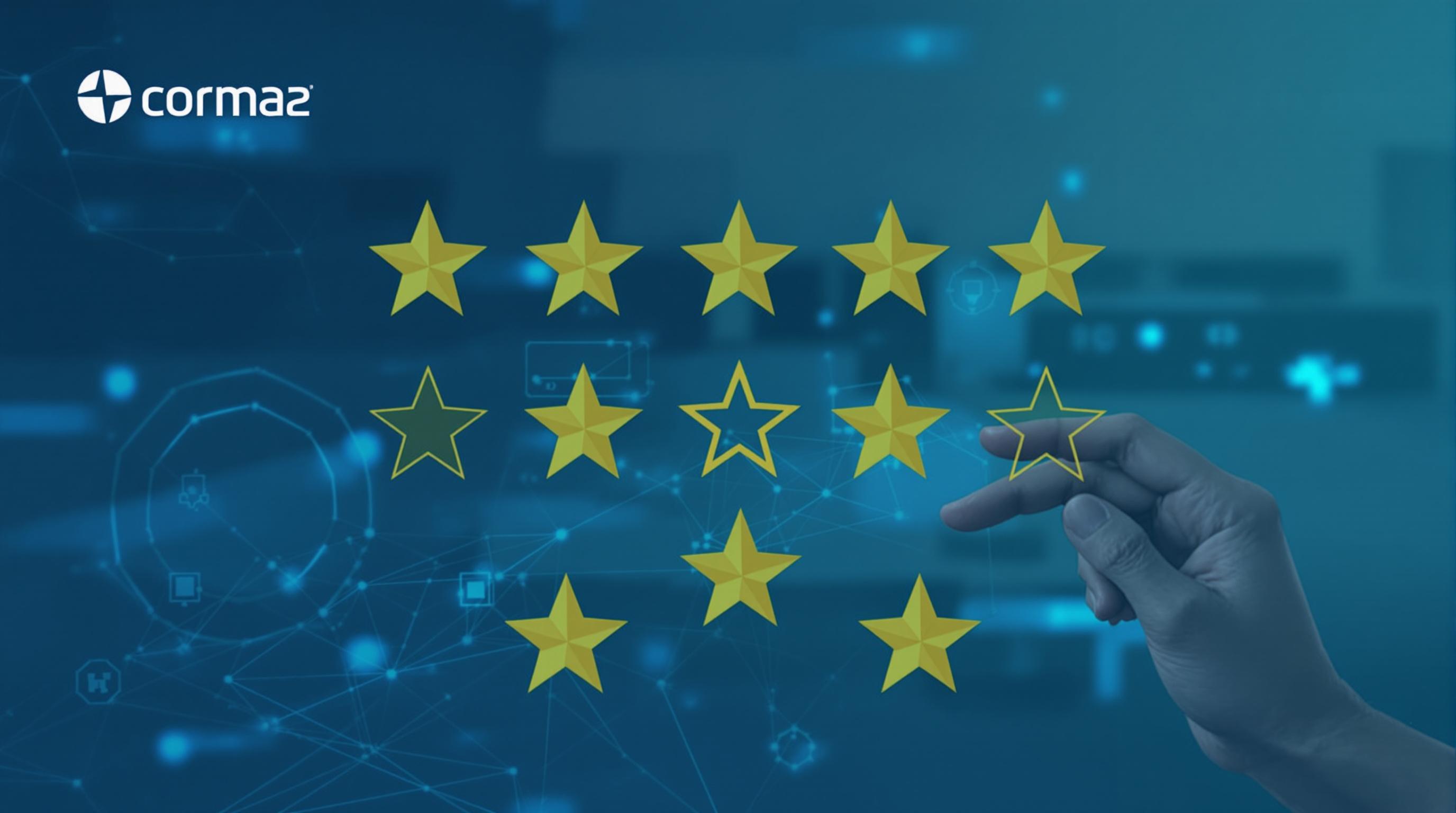Related Articles
- Top 6 Little-Known Medical Apps with User Interfaces That Actually Boost Patient Outcomes
- 5 Game-Changing Fitness Trackers from the Last 5 Years That Outperform Your Expectations
- Top 8 Breakthrough Portable Diagnostic Devices from the Past Five Years Revolutionizing Home Health Testing
- The Quiet Influence of Ancient Medical Records on Modern Healthcare Data Interpretation and Policy Making
- Top 6 Emerging Medical Coding Analytics Platforms from the Last Five Years for Data-Driven Decision Making
- Examining the Impact of Quantum Computing on Future Remote Healthcare Data Defense Strategies
Top 9 Breakthrough Healthcare Cybersecurity Tools Launched Since 2019: A Detailed Performance Comparison
Top 9 Breakthrough Healthcare Cybersecurity Tools Launched Since 2019: A Detailed Performance Comparison
Top 9 Breakthrough Healthcare Cybersecurity Tools Launched Since 2019: A Detailed Performance Comparison
1. Cynerio Healthcare IoT Security Platform
Overview: Cynerio’s Healthcare IoT Security Platform is a breakthrough tool launched in 2019, designed specifically to secure Internet of Things (IoT) medical devices. Unlike traditional cybersecurity solutions, Cynerio focuses on device-level visibility, anomaly detection, and real-time threat mitigation tailored to healthcare environments.
Performance Highlights: The platform’s real-time asset inventory enables healthcare organizations to map all connected medical devices accurately. Its anomaly detection algorithms can spot unusual device behavior with high precision, reducing false positives by over 30% compared to typical endpoint protection systems.
Industry Impact: Since its launch, the Cynerio platform has helped hospitals reduce ransomware and device-targeted cyberattacks significantly. According to a 2022 HIMSS report, healthcare providers using Cynerio reported 40% fewer incidents affecting patient care devices, showcasing its effectiveness.
2. Claroty Continuous Threat Detection (CTD)
Overview: Claroty’s Continuous Threat Detection solution, introduced in 2019, targets operational technology (OT) and medical devices at risk in healthcare networks. Its passive monitoring approach ensures minimal interference with clinical workflows while maintaining high security standards.
Performance Highlights: Claroty CTD uses advanced machine learning models to detect anomalies in device behavior, achieving a detection rate of over 95% of zero-day attacks during independent testing. Its high compatibility with hospital IT systems allows it to integrate without significant overhead.
Industry Impact: The CTD solution is widely deployed in large hospital networks globally. A case study at a major European hospital reported a 50% reduction in malware outbreaks after implementation, highlighting the platform’s role in strengthening healthcare cybersecurity.
3. Medigate Medical Device Security Platform
Overview: Medigate launched its medical device-focused cybersecurity platform in late 2019, designed to provide asset management, real-time monitoring, and risk mitigation specifically for connected healthcare environments.
Performance Highlights: Medigate’s extensive device database allows precise identification and classification of over 8000 unique medical devices. In addition, its behavior analysis engine mitigates known and unknown threats with a 94% accuracy rate, helping IT teams prioritize responses effectively.
Industry Impact: Hospitals using Medigate have reported enhanced compliance with regulations such as HIPAA and FDA guidelines on device security. The platform’s integration into clinical networks has been lauded for minimal operational disruption while providing proactive defense.
4. Darktrace Healthcare Immune System
Overview: Darktrace’s AI-powered Healthcare Immune System, launched in 2020, employs self-learning algorithms that detect threats by understanding normal network patterns within healthcare organizations without predefined rules.
Performance Highlights: The solution boasts autonomous response capabilities, which can neutralize threats within seconds of detection. In recent independent evaluations, Darktrace identified 99% of emerging threats, including insider threats and sophisticated phishing attacks.
Industry Impact: The technology has gained recognition for safeguarding complex healthcare environments, including telehealth platforms during the COVID-19 pandemic. According to Darktrace’s own reports, healthcare clients experienced a 60% reduction in breach incidents after deployment.
5. Sophos Intercept X for Healthcare
Overview: Sophos introduced Intercept X tailored for healthcare in 2020, combining endpoint detection and response (EDR) with deep learning AI to protect sensitive patient data and critical systems.
Performance Highlights: The product demonstrates high malware detection rates, achieving over 98% success in blocking ransomware strains targeting healthcare systems. Features such as CryptoGuard prevent file encryption, protecting data integrity comprehensively.
Industry Impact: Many healthcare providers cite Sophos for helping maintain continuous operations during cyberattack attempts. A 2021 independent study noted that organizations using Intercept X saw a 45% decrease in successful phishing infections.
6. Palo Alto Networks Prisma Cloud for Healthcare
Overview: Since its 2021 release with healthcare-specific capabilities, Prisma Cloud offers comprehensive cloud workload protection for healthcare providers migrating applications and data to cloud infrastructures.
Performance Highlights: Prisma Cloud integrates real-time compliance checks with automated vulnerability assessments, resulting in a 70% faster remediation cycle. Its native integration with electronic health record (EHR) systems enhances environment visibility.
Industry Impact: With increasing cloud adoption, healthcare institutions rely on Prisma Cloud to secure protected health information (PHI). Gartner analysts rank Prisma Cloud as a leader for healthcare cloud security in 2023, reflecting its robust capabilities.
7. Rapid7 InsightVM for Healthcare Risk Management
Overview: InsightVM, enhanced for healthcare environments in 2020, provides vulnerability management combined with endpoint analytics to reduce cyber risk proactively in clinical and administrative systems.
Performance Highlights: The tool supports live risk dashboards offering continuous visibility of security posture, leading to a 50% decrease in critical unpatched vulnerabilities. Its integration with healthcare ticketing systems streamlines remediation workflows.
Industry Impact: Multiple large healthcare facilities credit InsightVM for improving compliance adherence and minimizing risk exposure. The platform’s actionable insights help balance operational priorities with security demands effectively.
8. CrowdStrike Falcon for Healthcare
Overview: CrowdStrike’s Falcon platform adapted for healthcare in 2019 combines cloud-native endpoint protection with threat intelligence tailored to health sector threats like data theft and ransomware.
Performance Highlights: Falcon’s rapid detection and remediation modules identify and isolate infected devices in under 5 minutes on average. Its detailed attack forensics facilitate quick post-incident analysis, reducing recovery time substantially.
Industry Impact: The solution’s scalability and ease of deployment have made it popular among diverse healthcare organizations. According to a 2023 IDC report, CrowdStrike users saw a 35% reduction in breach costs, highlighting its value proposition.
9. Tenable.io Healthcare Edition
Overview: Tenable.io Healthcare Edition was launched in 2022 to address emerging security challenges around connected medical devices and cloud infrastructure in health systems.
Performance Highlights: This solution combines asset discovery, risk prioritization, and compliance automation. It features specialized plugins for medical device vulnerabilities, managing risks with a reported 85% reduction in unmitigated exposure.
Industry Impact: Early adopters include several U.S. health networks that credit Tenable.io with improved audit readiness and risk awareness. Its healthcare-specific compliance dashboards enable easier regulatory reporting.
10. Comparative Performance Summary
Overview: Comparing these nine cybersecurity tools reveals a shift towards specialized, AI-driven, and cloud-integrated solutions tailored for healthcare needs. Tools like Cynerio and Medigate focus on medical device security, while platforms like Prisma Cloud and Tenable.io address cloud workloads and compliance.
Performance Insights: AI-powered solutions such as Darktrace and CrowdStrike Falcon excel in rapid threat detection and mitigation, with detection rates above 95%. Vulnerability management tools like Rapid7 and Tenable deliver continuous risk visibility to prevent attacks proactively.
Industry Recommendation: Healthcare organizations should adopt a layered cybersecurity approach combining device security, endpoint protection, and cloud workload defense. Integration ease, operational impact, and compliance support are critical factors in tool selection to safeguard patient data effectively.
Sources:
- HIMSS Cybersecurity Report 2022
- Gartner Cloud Security Insights 2023
- IDC Healthcare Security Market Analysis 2023
- Vendor Whitepapers and Case Studies (Cynerio, Claroty, Medigate, Darktrace)
- Independent Security Testing Laboratories’ Reviews 2020-2023




